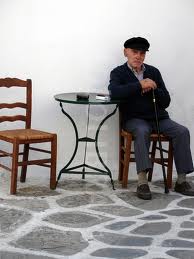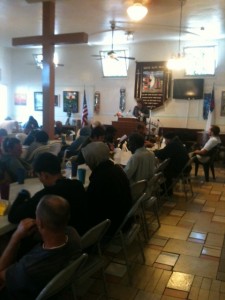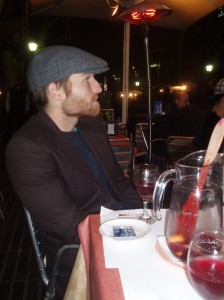Something in me wasn’t settled. Not indigestion, but something that still made my stomach a bit weary.
I first heard about this peacemaking mission to the Middle East over a year ago and have been sensing a calling to be part of it from the beginning. With deadlines coming down to the wire, I was feeling unsettled…maybe it was fear? Maybe it was a premonition that needed to be listened to?
I feel distinctly called to be an advocate for peace in places of conflict and within oppressed populations. Further, I feel that God has called me to identify and faithfully tell the stories (primarily through writing) of those that otherwise wouldn’t have a voice. In telling these stories, I hope to expose and ignite the imagination of those of us in the West that are so often insulated from the realities of contexts outside of our own.
Despite this deep sense of calling and conviction, I was second-guessing my participation in this mission. It is going to take great sacrifice for my family and me. Was it the finances? The idea of exposing myself to the political and violent turmoil that is currently littering the Middle East? Was it the fear of being away from my family for two weeks? Would Ruby forget who I was by the time I got back?
Real questions. Hard questions. Fear.
I asked for prayer.
Two guys that I serve alongside in our missional community sat with me and listened for the Spirit’s guidance. About 30 minutes into our time, one of them said, “Jesus doesn’t want us to live in fear. Being faithful to God’s Mission isn’t comfortable, so if you are uncomfortable or fearful but know this is what God is calling you towards, you need to faithfully step into it.”
In other words, fear doesn’t mean no…it means go.
I think Jesus experienced this before being betrayed by one of his own and taken by the Roman authorities. As did Moses when YHWH told him to go before Pharaoh as an advocate for the oppressed people of God.
When we are faithful to walk to the edge of our comfort zone (or right past it!), we are able to get a more full understanding of God’s vocation for each of our lives. It is an understanding that we may never know if we remain in comfortable complacency.
Complacency has no place in God’s Kingdom. As followers of Jesus, we must continually and actively step into the radical call of discipleship.
I am finding this easy to say, but much harder to do.


